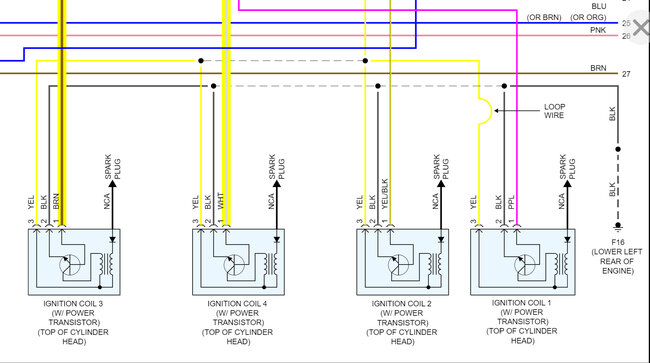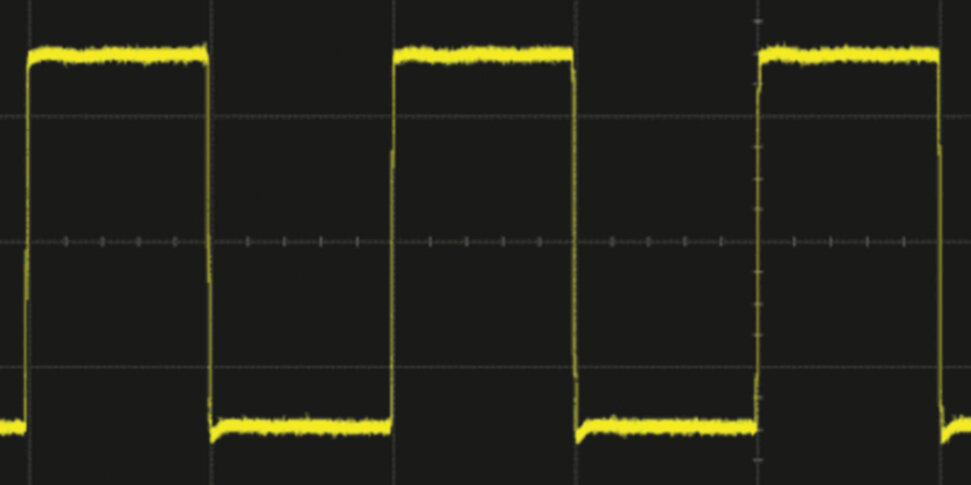Saturday, January 14th, 2023 AT 1:51 AM
Hi, our vehicle listed above SV has a coil-on-plug direct distributor less ignition system with four individual ignition coils on each spark plug, those ignition coils sell for $125.00 each at Advance Auto Parts or $500.00 for all four of them before the repair shop marks them up to make a profit on them, my question is what happens when those direct distributor less ignition coils fail, do they all fail at the same time and cause a crank but no start condition which wears out the starter motor and the battery or do they fail one at a time which cause the engine to misfire or run poorly or run rough and does the misfiring engine coil leak raw unburned gasoline into the crankcase from the cylinder where it misfires from diluting the engine oil? Those four direct distributor less ignition coils connect to the spark plugs through spark plug boots, I know that spark plug wires in very long ago older cars with an ignition distributor I know that older spark plug wires were arcing but can the spark plug boots in recent coil-on-plug direct distributor less ignition systems can those spark plug boots arc and cause a reduced voltage of secondary ignition current from the direct distributor less ignition coils' secondary windings to the spark plug electrodes and how long do the direct coil-on-plug distributor less ignition system coils last before they begin misfiring or before they go out completely? Thank you in advance for your helpful and enlightening information. Written by Alex Stathas




